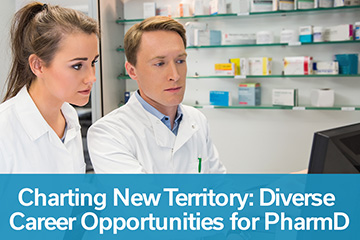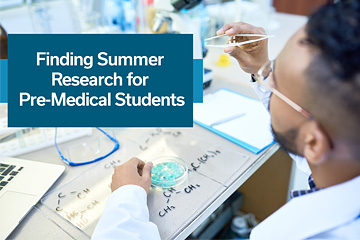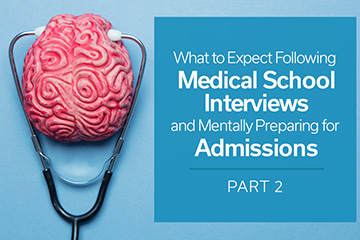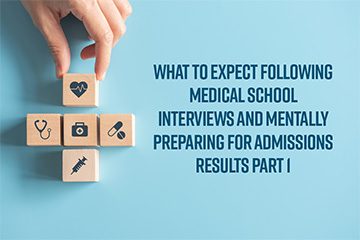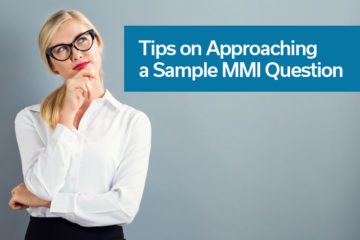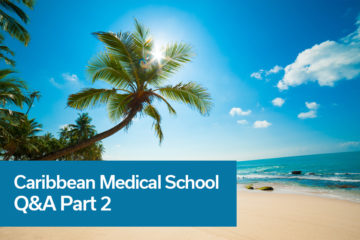
Caribbean Medical School Q&A – Part 2
Internal Medicine Resident, Anderson Lai, is answering questions to help students better understand the Caribbean and international medical school experience and how to improve your chances for residency matching. Here is Part 2 of his interview, make sure to check out Part 1 first!
Q3. Do you think Caribbean medical school prepared you well for residency? If not, what do you wish you did before residency started?
A3: There are some aspects of Caribbean medical school that were great for preparation, and other areas where I felt the difference as an IMG vs AMG (international medical graduate vs American medical graduate).
When you’re on the island for the first 2 years, you have excellent prep for Step 1. Most professors will have gone through the question bank in their respective field (i.e. pathology, biochemistry) and see what the high yield subject matter is, and common mistakes. They have daily lectures specifically geared towards maximizing your board scores, and the questions are written accordingly. When you compare to American medical schools, you may get a biochemistry professor who may be a PhD, however they are not necessarily thinking of clinical applications of the material and you may have to learn more extraneous material than you need for board exams.
Additionally, in terms of clinical training while on the islands, they can be quite good as well. At the American University of the Caribbean School of Medicine I know they have a great anatomy lab and they also have a simulation room to familiarize students with the hospital, complete with simulation patients, EKGs, crash carts, etc. We also have clinical training on the islands to practice cases, physical exams, and presentation.
The challenging part for the Caribbean is once you leave the island. Since Caribbean medical schools negotiate with hospitals for spots for their students, medical students are placed throughout the country, and at times, the UK as well. They can absolutely be great teaching experiences and you can learn a lot. However, I would say there can be challenges at times because there is no in person “home base” that you go to during those last 2 years. Compared to AMGs, where they can go meet with their school counselor weekly, attending school lectures, and having more opportunities for clinics outside of their rotations, the Caribbean students only have the place where they are training at. Although some schools are bridging the gap with video chat group sessions to touch base with the students and follow up on their struggles, to provide advise from people that have graduated, it can still be a challenge due to the lack of continuity. And of course, because there are so many different hospitals that Caribbean kids go to for training, there will be places with substandard training and if you don’t keep finding ways to learn in those tough opportunities, your experiences can be lacking.
Personally, I would have began to start preparing for Step 3 in my 4th medical school year. I believe that would have helped my training a lot entering residency. The jump from being a helpful medical student to being a functioning intern can be quite large, and studying for Step 3 helps cover any gaps in learning. Specifically, the case simulation portion. The case simulation portion basically turns intern year into a “game,” and if you can succeed at that, you will be an excellent intern.
Q4. Now that MD and DO match processes are merging into one, do you think it will affect how Caribbean MDs match to US residency? How so?
A4. For those that aren’t aware yet, The MD and DO programs are merging by 2020. MD stands for medical doctor, which most people are aware of. DO stands for Doctor of Osteopathy, which is a different but similar track available for American citizens. It is all the same schooling of MD schools but with additional teachings in osteopathic manipulation as well. In the past, DO schools have had their own Step exams and board certifications, but DO residents and physicians are able to get into allopathic (MD) residencies if they take the MD step exams as well. For all intents and purposes, DO and MD are equivalent degrees, the main difference being that although DO and MD are seen as equivalent in Canada and the US, DOs have a tougher time finding jobs abroad because they are not seen as such, even though functionally, they are.
The ACGME is actively involved in the merger process of MD and DO schools, and the DO residency programs will soon be available for all applicants as well by 2020. Currently my program was historically a osteopathic (DO) program, and I was the first class of MD. The training is the same and there was no testing of osteopathic manipulations for me. I can say from personal experience that I’ve learned more than enough at this program, and the MD-DO merger is a good thing.
However, there are some caveats, specifically from an IMG (international medical graduate) perspective. There are some DO programs that have been found not to ACGME’s standards (the Accreditation Council of Graduate Medical Education) so there have been a few DO residencies that have been closed down during the merger process. There are more spots total for residency, however there are also more AMG applicants as well (DOs and American MDs). Since there are fewer DO residencies, the ratio of residency spots to applicants is smaller than before. Additionally, there are more DO medical students taking positions in hospitals where IMGs used to learn, so the clinical training opportunities can be reduced for International Medical Graduates.
Overall, its tough to say, but I still believe there is a net benefit for IMGs from the merger. There are still more residency spots than ever before thanks to the merger, and the total number of IMGs, and specifically, Caribbean grads are higher than ever this year. The benefit is likely larger for primary care, of which there is a very strong demand for, versus other residency spots.
If you are interested in finding out more information regarding international medical schooling and to work one on one with one of our International Medical Graduates, book an appointment today!

